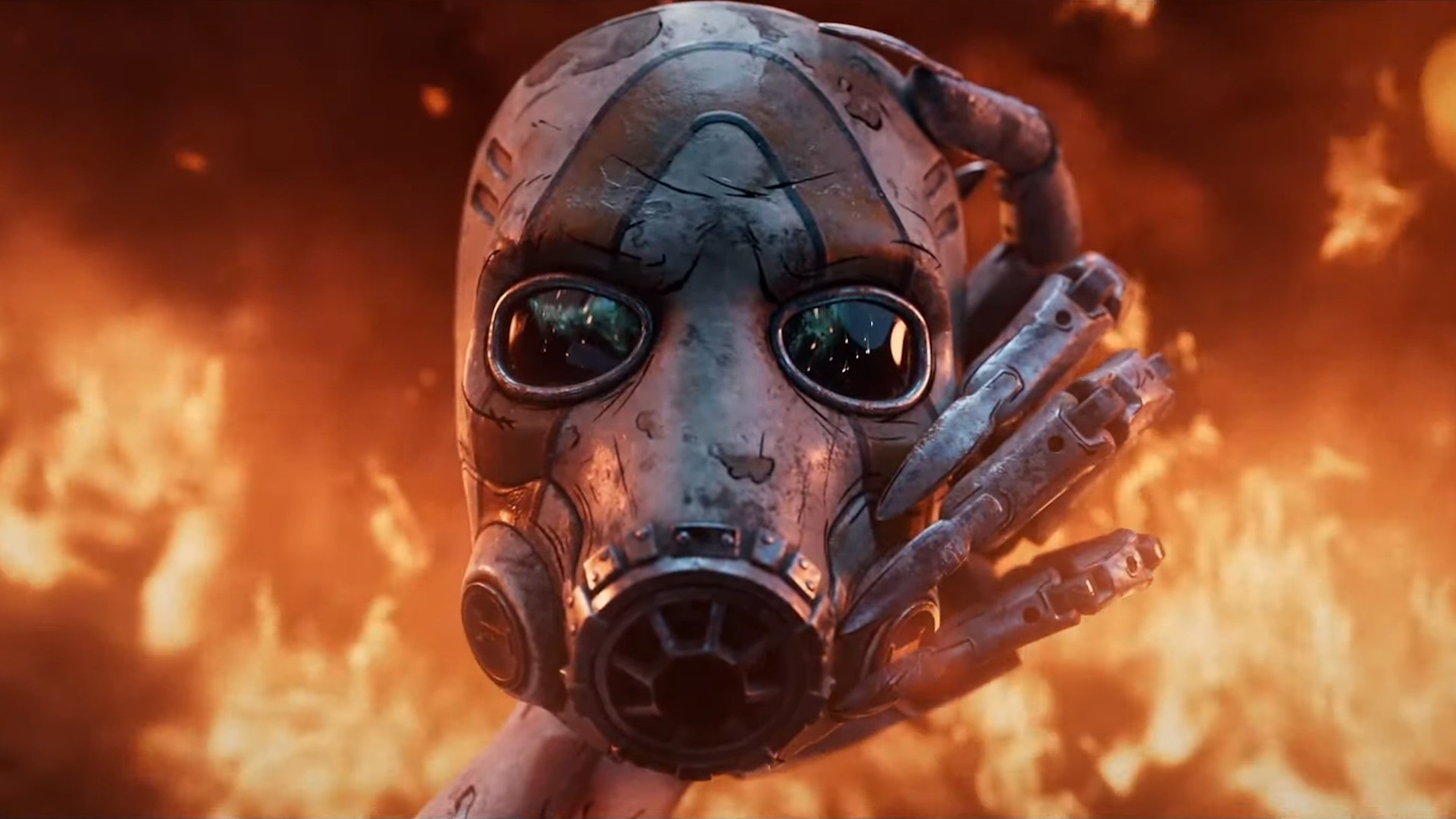
Star Wars: Skeleton Crew Season 1 Review
When Star Wars: Episode 1 – The Phantom Menace came out, the dramatic backlash against its slapstick humor and precocious kid hero prompted George Lucas to argue that Star Wars was – and always had been – “for children.” He didn’t necessarily mean exclusively for children, because Lucas would never dismiss the power of a good story so casually, but he believed that children were an important audience for Star Wars and the things it had to say. Maybe not since the original trilogy, though, has that belief been as well-articulated as it is in Disney+’s Skeleton Crew. The family-friendly series that’s mostly concerned with the horrors of growing up in suburbia just might be more important to the future of Star Wars than the much-lauded (and undeniably better) first season of Andor.
Kid-oriented Star Wars stuff has been around forever, and Disney has specifically never shied away from selling Star Wars to children, but this is one of Disney’s first (and most successful) attempts to actually use the power of Star Wars to say something to kids. Just look at the end credits of the finale, which play out like Wim’s (Ravi Cabot-Conyers) Jedi adventure book, as a nod to the idea that this is the kind of adventure story that could blow open a kid’s mind like the Jedi stories did for Wim.
Better yet, the stuff Skeleton Crew has to say is relevant to a younger audience – like when KB (Kyriana Kratter) talks about how her friendship with Fern (Ryan Kiera Armstrong) changed when she started using a prosthesis – or it’s baked into the show’s central gimmick as a sci-fi take on ’80s movies like The Goonies (like in episode 5, the series’ high point, which dared to question whether or not nostalgia is good). The shy kid comes out of his shell, the bossy kid learns to show affection for her friends, and the arguably naïve kid refuses to let the bitterness of adults shatter his capacity for hope and joy. These are all good things to depict.
Some of the themes are obvious, like when Wim, KB, Fern, and Neel (Robert Timothy Smith) collectively agree in the penultimate episode that, for as scary and dangerous as their adventure was, it was all worth it to grow as people and as friends. But “obvious” doesn’t always mean unnecessary or unwelcome. (Though it does mean the show should be easy for its target audience to follow and grasp – another point in its favor.) Especially in its early episodes, Skeleton Crew’s greatest success was the enormous level of faith it had in its audience – faith that could be rewarded with a new generation of thoughtful and media-literate Star Wars fans, provided they ever get around to streaming season 1.
Skeleton Crew trusts us to pick up on the clues that there’s something suspicious about the kids’ homeworld of At Attin, with its constantly absent adults and constantly present security droids. And there’s the quietly huge moment when it comes out that Wim and friends don’t know about the Galactic Civil War – how could anyone not be intrigued by a Star Wars story where the characters never heard of the Star Wars? The show also doesn’t belabor the point of whether or not Jude Law’s Jod Na Nawood can be trusted by having his reluctant crewmates on the Onyx Cinder decide pretty quickly that no, he can’t be trusted, and then treating him accordingly right up until he decides to stop pretending he isn’t at least a little evil.
It’s not just the big ideas that Skeleton Crew has a handle on. It also impressively allows the kids to act like kids – it’s always fun when they get time to goof around – without letting them get too aggravating. They have emotional blow-ups and breakdowns, but they solve their problems the way kids do: by just talking about them. Episode 6 is the clearest example of this, when the crew briefly breaks up over manufactured drama that ends up being about KB’s anxiety around keeping up with the bullheaded Fern. There’s no bitterness when they reunite, they just accept that everyone has feelings and move on. Compare that to the obvious lifelong grudges held by Jod and his fellow space pirates, which they can never let go of.
Smith, Kratter, Armstrong, and Cabot-Conyers all give pretty good performances, too – at least once they each get time to show what they can do in storylines centered on their character. Law is also good, though that’s less of a shocker at this point in his long career, and Skeleton Crew mostly deserves credit for the way it weaponizes his occasionally grating charm. You never forget that he’s a bad guy, you’re just kind of frustrated that you don’t mind too much (which, fittingly, is also how Fern, KB, Neel, and Wim feel about him most of the time).
The most important achievement of Skeleton Crew is that when it’s good (which is often), it’s because of the kids and not despite them. The storylines with the adults are the ones that often feel lacking, as fun as it is to see TV On The Radio’s Tunde Adebimpe haplessly try to father a space-kid. Granted, the bar is lower for the younger characters and actors, because they’re not fully formed people yet, but they’re not supposed to be. Skeleton Crew not only knows that, but embraces and highlights it in a way that makes it meaningful – whether this is your seventh Star Wars show or your first.







